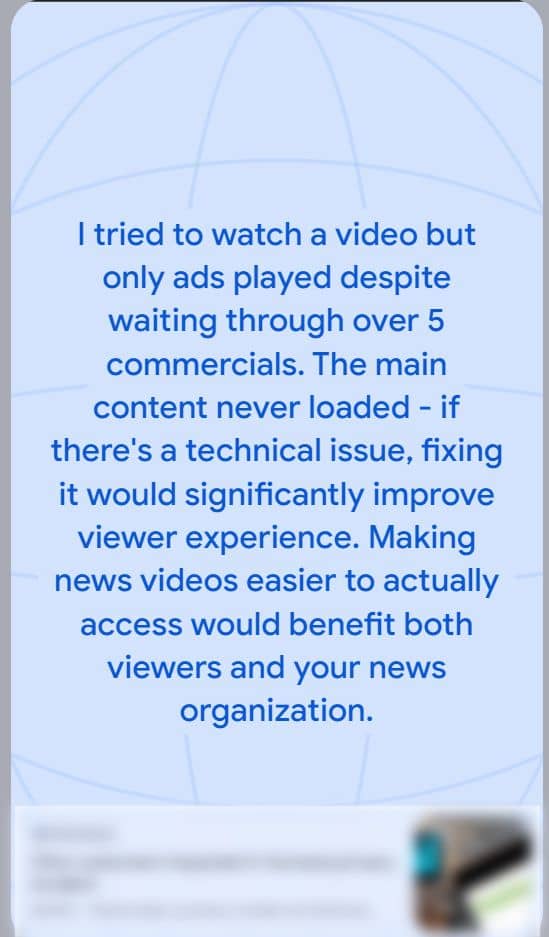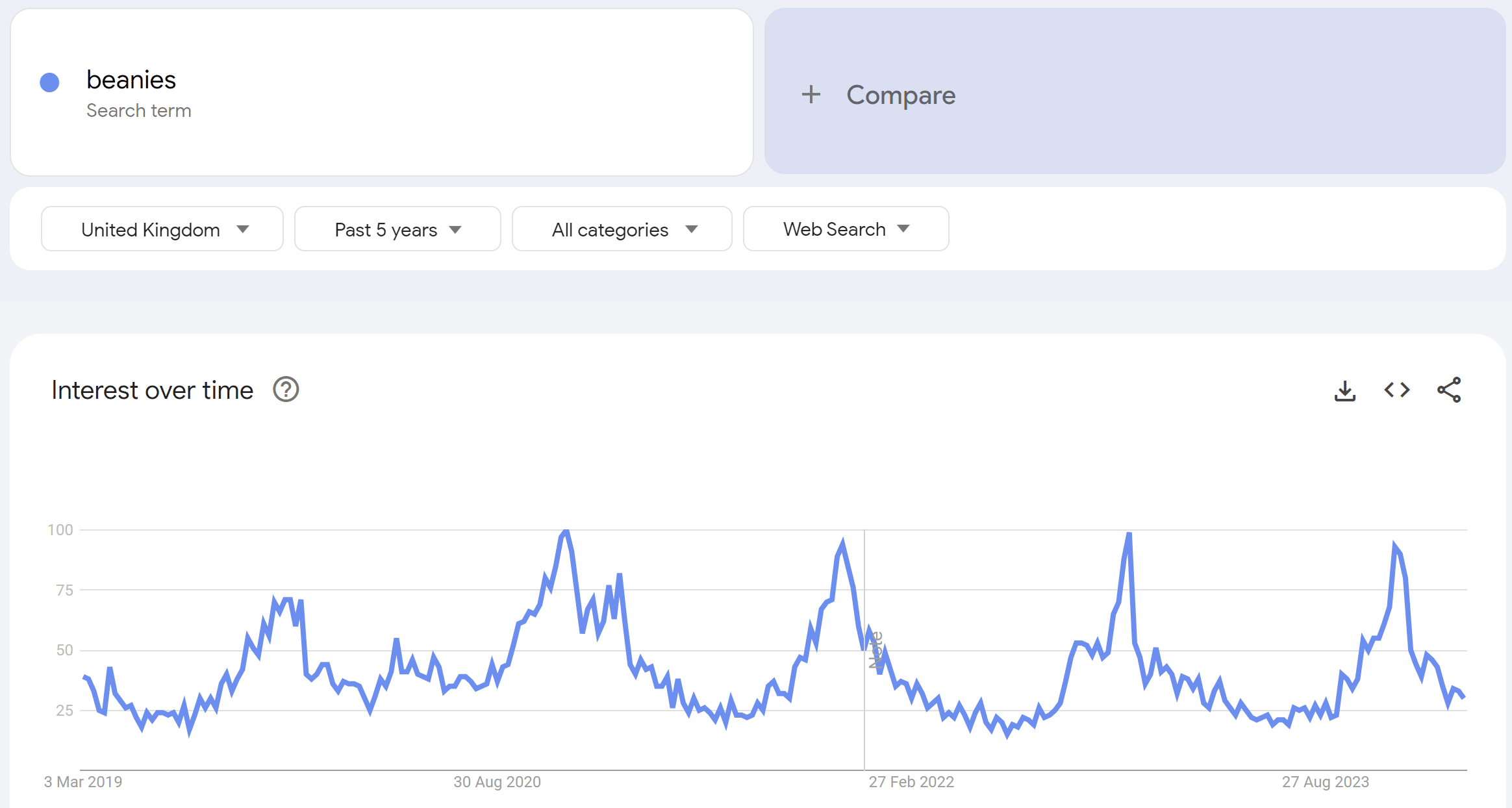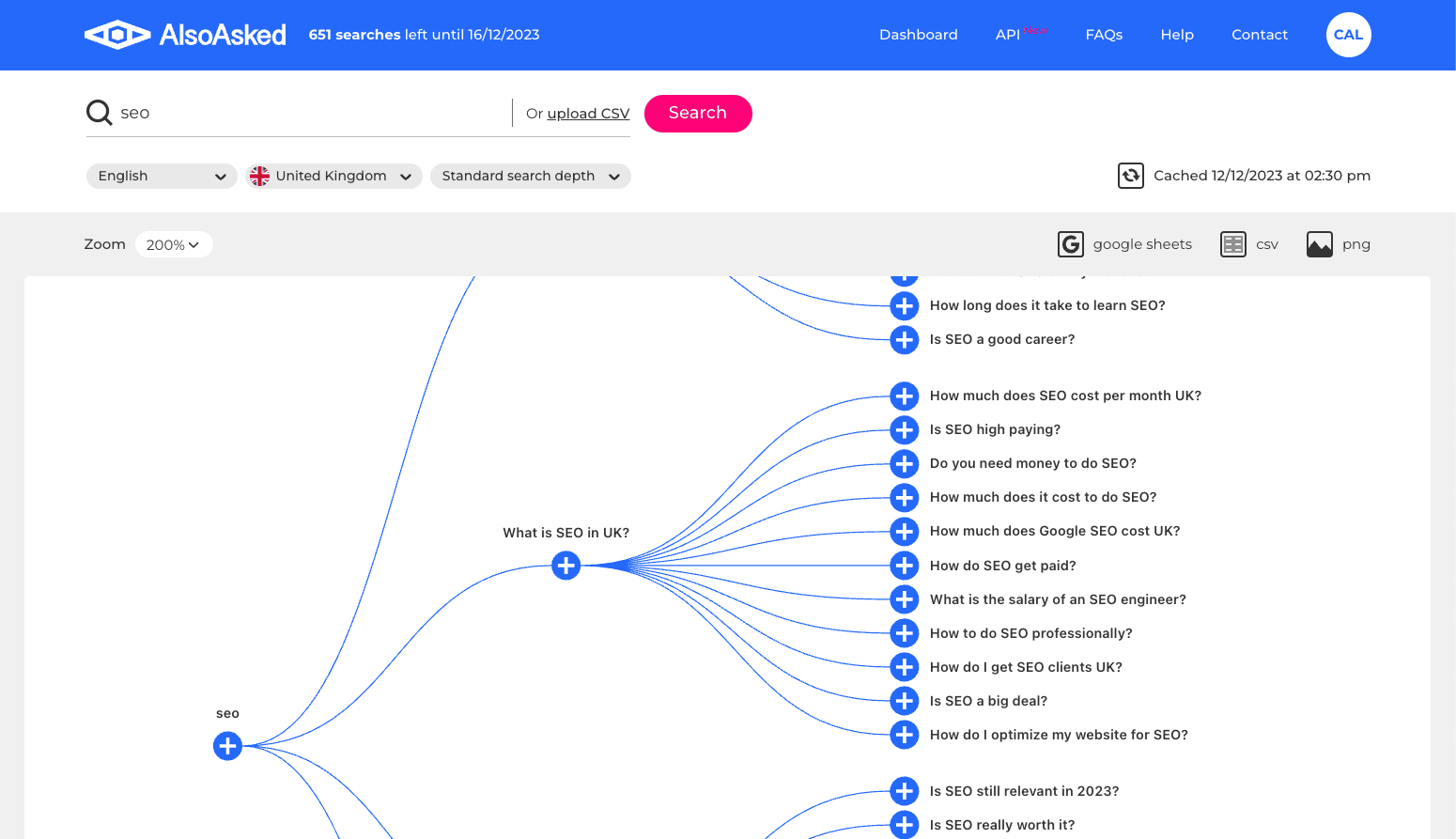|
SEO updates you need to know
📝 |
|
An analysis of 2023 SERP winners and losers has been completed by Lily Ray and Silvia Gituto, with a detailed analysis and data showing huge boons for UGC websites and falls in visibility for many e-commerce businesses. |
Search with Candour podcast

Is the Google and Reddit agreement good or bad for SEO?
Season 3: Episode 9
Mark Williams-Cook reunites with Jack Chambers-Ward to recap the most important SEO news from February 2024 including:
- The new Google & Reddit agreement
- What is information gain?
- Helpful Content Update fallout and recoveries
- Google is paying publishers to test new unreleased AI tools
Listen now or watch the episode on YouTube
|
|
|
This week's solicited SEO tips:

Getting feedback from Google Notes post-HCU
Glenn Gabe came up with a really interesting suggestion for helping companies heavily impacted by broad core updates. 😎
He sometimes found really useful feedback on the site and content in Google Notes - basically a global feedback system. He did a post explaining how to find Notes for specific websites, URLs, topics, and more. And sometimes those Notes can signal larger "quality" issues (like the screenshots below).
|

An analogy for SEO algorithms and trust
When a potential client/boss says "We've done everything right, why aren't we seeing immediate results?" - you can say ⬇️⬇️
Think about when you meet someone new for the first time. Even if they do “everything right" and seem super nice, you're not going to trust them until they consistently behave in this way.
Search engines work on a similar principle with signals shifting gradually over time. Consistent validation of these signals and "doing the right thing" is what leads to search engines trusting your site and ranking you competitively.
|
Is link velocity important? It depends...
You've probably seen people posting about "link velocity" as some kind of secret to ranking, so let's talk through some facts and thoughts! 🤔
❔ Generally when people talk about "link velocity", they are simply referring to the rate at which your website is gaining new backlinks.
❎ There is a misconception that there is an "optimal" link velocity, or that your link velocity should be within some parameters based on your competitors.
👀 Combined with other signals, link velocity can give Google some hints that you may be doing something either shady or good.
🧠 Let's consider two scenarios: 100 links in a single month to site A could be a spam signal. 100 links in a single month to an almost identical site B could be a signal that it's doing amazing things - but what is the difference?
📊 The popularity (let's say PageRank) of the linking sites contributes to what an optimal/acceptable link velocity is, let's think about those two previous examples:
1) Website A 100 links from small blogs, all of which Google can approximate have very low traffic. This doesn't make a lot of sense, how would all of these tiny websites find out about your site within such a short timeframe? It smells like manipulation!
2) Website B gets 99 links from small blogs and 1 link from a huge news website. That makes perfect sense: when you land top-tier coverage or get mentioned and linked on popular websites, a large cohort of people instantly learn about your site. A natural consequence of this is that you're then picked up a collection of smaller (sometimes spammy websites).
Google has one of the largest snapshots of the web, how it links together and how it changes, so it has the data to do this kind of analysis.
The truth is, it's a lot more complicated than simply saying "you need X links per month". Quality > quantity, every time! 📈
|
Information gain score and the HCU
Information gain score is a method for Google to calculate how unique your content is from the rest of the content in that topic area (whether it's written by ChatGPT or not). 🧠
💬 My personal opinion is that information gain is likely involved in the HCU (Helpful Content Update), along with some other factors.
👎 It's also a key reason why I believe that ChatGPT-style content will not work in the long term.
❓ Ask yourself: If a website/brand Google trusts ranks for a query, and your newer site comes along, but doesn't add anything new, why would Google risk ranking you?
You can see Google's patent for Information Gain Score here.
|

Use trends when reporting on organic traffic
If you’re doing reporting on organic traffic (such as clicks from GSC), it’s always good to model where you should be based on trend data. 📈
🤠 For instance, in December you reported that search traffic is massively up for the keyword “beanies” on your site, great!
📊 However, looking at Google Trends, you can see the search volume in December is twice that of other months!
🗒 You can export Google Trends data and get a 0.0 - 1.0 trend estimation that you can apply to your actual traffic numbers.
💸 This allows you to get a better idea of if you’re really getting a bigger share of that search or not!
|
Refer subscribers and earn rewards!
Our sponsor: AlsoAsked

Understanding users beyond 'keywords' with live data and intent clustering by Google
AlsoAsked allows you to quickly mine live "People Also Ask" data, the freshest source of consumer intent data, for understanding what users are searching about beyond 'keywords' and what you should be writing about.
Get 90 searches per month with no account creation, for free.
|
Got any feedback?
Thanks for reading the newsletter, we're just getting started! If you have any feedback, I'd always love to hear it - just hit reply and I'll be sure to read it.
~Mark Williams-Cook
|
|
|
|